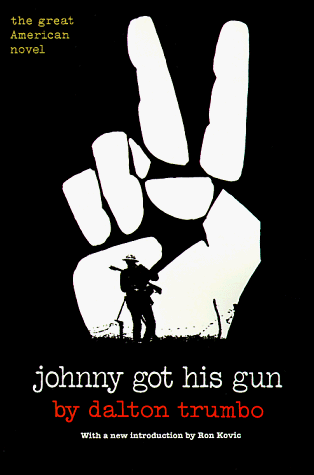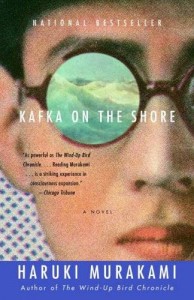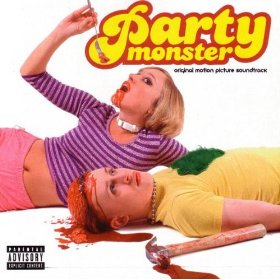“The Messiah of the Battlefield.” With vivid imagery and a powerful message, Dalton Trumbo weaves the intriguing tale of a WWI veteran who has lost all his limbs and senses, left in an anonymous hospital bed—it’s never specified in what country—with no discernable or identifiable markers, Joe Bonham (the protagonist) must find a way to communicate with the outside world. While at times the stream-of-consciousness narrative that touches on Joyce and Woolf and the lack of punctuation gets distracting, Trumbo uses modernist literary devices with a postmodern edge to create possibly one of the most profound anti-war literary pieces of the 20th-century.
While at first glance some might dismiss Johnny Got His Gun on the premise that it is a pacifistic rallying call with an anti-war message, the book has much deeper meaning than any politics, a meaning that still has significance today, 72 years after its initial publication. Completely decimated by a bomb that robbed Joe (just an average Joe) Bonham from not only his physical attributes but his life as well, it’s clear what the individual has become in a war-torn world—completely expendable. The very minuteness of abstract thoughts and vibrations caused by movement has a new appreciation in Joe’s world, where every waking moment is filled with darkness and questions. It’s unimaginable to think about a person who has lost everything, is merely the echo of the man he once was, and now must attempt countless times to communicate to the outside world through banging his head against his hospital-bed pillow, creating a semblance of Morse code. It takes years for a nurse to recognize what he is doing, and when he finally does breakthrough, breaks the prison of isolation that the bomb had left him in, a “reversed womb” effect as Trumbo calls it, he is shut down from his one request by the hospital administrators: to go outside, feel the wind against his cheeks, feel for once that he’s not forever crippled by what the Great War did to him.
And to this Trumbo asks the reader to imagine what it might look like, a fragmented man with nothing to live for, yet no means to end it all. It’s a horrifically morbid irony. Trumbo reminds us that literature can have meaning, a virtual puissance, and that there is still hope for literature’s imagination and gripping story-telling without selling out to commercialism while still being picked up generation after generation.
Johnny Got His Gun by Dalton Trumbo,




